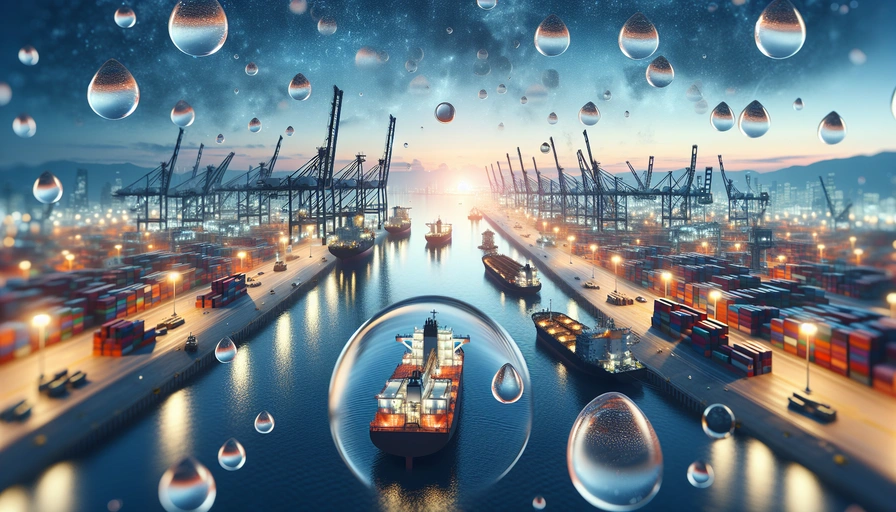In a significant move, Russia has introduced new tariffs on its oil exports, a decision that is expected to have wide-ranging implications for the global energy market. This development comes amidst ongoing geopolitical tensions and economic sanctions that have already strained Russia’s trade relations.
- Russian Counter-Sanctions Curb Investor Exodus in 2024: In response to sanctions from unfriendly countries, Russia implemented counter-sanction regulations in 2024, which included measures such as a minimum 60% discount on foreign sales of Russian assets and an ‘exit tax’ of at least 35% of the asset’s value. These regulations have significantly decreased the number of investors exiting the Russian market.
-
Ukraine Steps Up Energy Infrastructure Attacks on Russia: Ukrainian forces have increased their attacks on Russian energy infrastructure, including oil pumping stations. These attacks have been described by the Russian Ministry of Defence as attempts to undermine peace initiatives and demonstrate a lack of willingness to negotiate from the Ukrainian side.
-
Russia’s Reserves Hit Record High: $658 Billion USD: Despite the economic challenges, Russia’s international reserves have reached a new historical high of $658 billion USD. This increase is primarily attributed to positive revaluation and reflects the country’s efforts to stabilize its economy amidst external pressures.
-
Global Energy Cooperation: Increasing Value, Says Russian Energy Minister: Russian Minister of Energy, Sergey Tsivilev, emphasized the growing importance of global energy cooperation during a meeting with Chinese Vice Premier Ding Xuexiang. The discussions focused on expanding energy resource supplies to China and joint projects involving liquefied natural gas (LNG) and coal export facilitation.
-
Russia and US Hold Talks in Riyadh: In a bid to address the ongoing conflict and its impact on energy infrastructure, Russian and US delegations held closed-door talks in Riyadh. The discussions are expected to focus on the Black Sea Initiative and other aspects of Ukrainian conflict resolution.
In summary, Russia’s introduction of new tariffs on oil exports is a strategic move amidst ongoing geopolitical tensions and economic sanctions. The country continues to navigate complex international relations while bolstering its economic reserves and seeking to expand energy cooperation with key partners like China. The situation remains dynamic, with ongoing attacks on energy infrastructure and high-level diplomatic talks aimed at conflict resolution.

